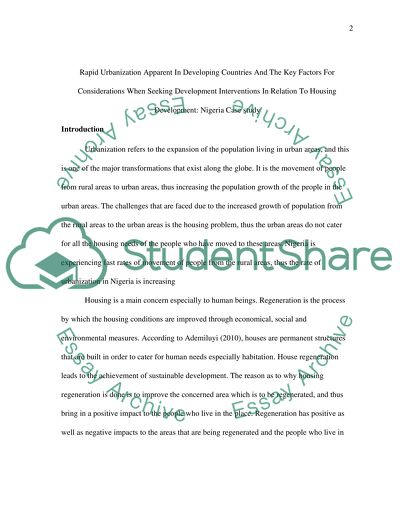Cite this document
(“Housing and regeneration in developing countries (housing study) Essay”, n.d.)
Housing and regeneration in developing countries (housing study) Essay. Retrieved from https://studentshare.org/miscellaneous/1610816-housing-and-regeneration-in-developing-countries-housing-study
Housing and regeneration in developing countries (housing study) Essay. Retrieved from https://studentshare.org/miscellaneous/1610816-housing-and-regeneration-in-developing-countries-housing-study
(Housing and Regeneration in Developing Countries (housing Study) Essay)
Housing and Regeneration in Developing Countries (housing Study) Essay. https://studentshare.org/miscellaneous/1610816-housing-and-regeneration-in-developing-countries-housing-study.
Housing and Regeneration in Developing Countries (housing Study) Essay. https://studentshare.org/miscellaneous/1610816-housing-and-regeneration-in-developing-countries-housing-study.
“Housing and Regeneration in Developing Countries (housing Study) Essay”, n.d. https://studentshare.org/miscellaneous/1610816-housing-and-regeneration-in-developing-countries-housing-study.


